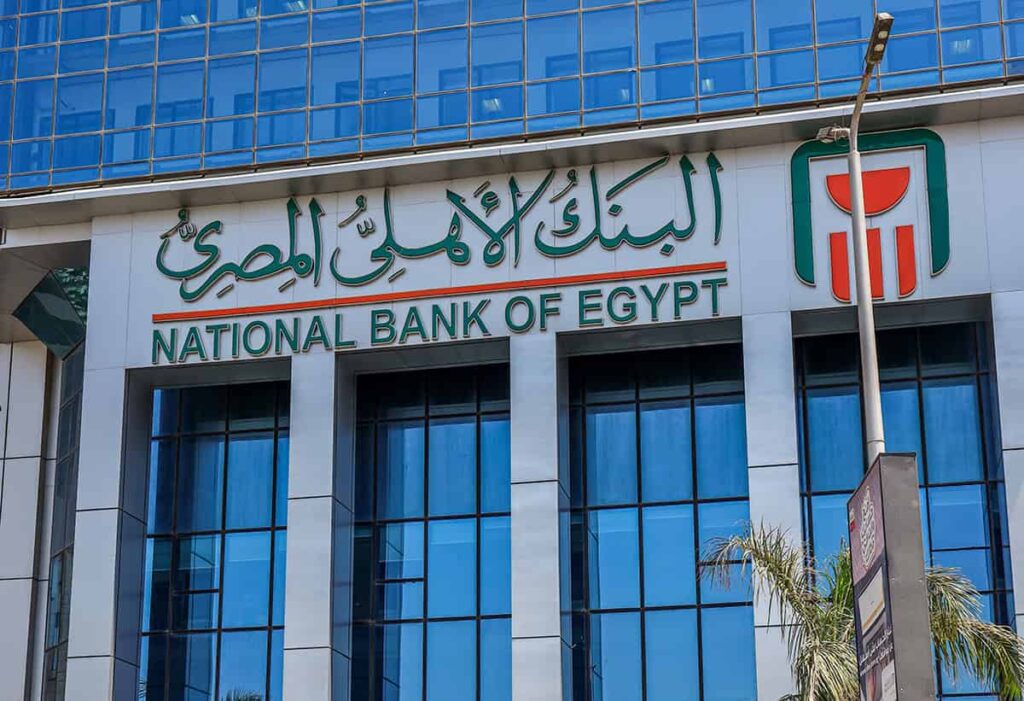Global finance The Safest Banks Index, published annually in November, assesses the financial health and stability of the world’s 1,000 largest banks. Bank ratings are highly dependent on a country’s sovereign rating, and Egyptian banks are particularly sensitive to sovereign ratings because many of their banks are state-owned. Following the publication of our Safest Bank rating, the rating agencies downgraded Egypt’s sovereign ratings in November 2023, with Moody’s assigning a Caa1 rating, S&P assigning a B– rating, and Fitch assigning a B– rating. S&P subsequently upgraded the country’s credit outlook from “stable” to “positive” in March 2024 after the Central Bank of Egypt implemented currency valuation reform and received $8 billion in funds from the International Monetary Fund.
Egypt is struggling to stabilize its economy amid a long-running currency crisis. The district also had problematic industrial policies and ran a significant trade deficit. To make matters worse, Egypt’s political risk is also high due to its proximity to the Israeli-Palestinian conflict with the Gaza Strip next door. These problems – along with high inflation and high unemployment – create an ongoing potential for social unrest.
Our proprietary algorithm evaluates each bank based on its ratings from the world’s leading agencies – Fitch, Moody’s, S&P – to determine the safest banks among the world’s 1,000 largest banks. Key rankings include Safest Commercial Banks, Safest Emerging Market Banks, Safest Islamic Banks and Safest Banks in selected countries and regions. Bank rating data is valid as of August 2023 and ratings are valid as of August 2023.
National Bank of Egypt
The National Bank of Egypt (NBE) is the safest bank in Egypt and one of the safest in Africa as a whole. NBE Bank, founded in 1898 with British capital, is one of the oldest commercial banks in Egypt, as well as the largest. In December 2022, the bank’s financial position stood at EGP 4.4 trillion and its total assets accounted for 38.6% of the total assets of all Egyptian banks. NBE is also owned by the Egyptian government.
Bank Misr
After NBE, Banque Misr is the second largest bank in the country with assets of approximately $120 billion. Its more than 800 branches and 20,000 employees serve a customer base of more than 13 million customers. The bank is owned by the Egyptian government.
Commercial international bank
Commercial International Bank (CIB) is Egypt’s third largest bank and the largest private bank with a 6% share of banking assets. CIB was originally founded as a joint venture between Chase National Bank and NBE in 1975. In 1987, Chase sold its ownership interest to NBE. CIB shares are publicly traded with Abu Dhabi’s sovereign wealth fund, Abu Dhabi Developmental Holding Company, and NBE is among its largest companies. shareholders.
Bank du Caire
Banque du Caire is Egypt’s sixth largest bank with a customer base of over 3 million. The bank’s comparatively low rating is partly due to the fact that it is rated by only two of the world’s three rating agencies. The bank is owned by Banque Misr, which is owned by the Egyptian state.
Bank of Alexandria
Bank of Alexandria is one of the largest banks in Egypt, serving more than 1.8 million customers. The Italian bank Intesa Sanpaolo owns 80% of the bank’s shares, while the Egyptian state owns the remaining 20%. Bank of Alexandria’s low rating is partly due to the fact that it is rated by only one of three global rating agencies.


